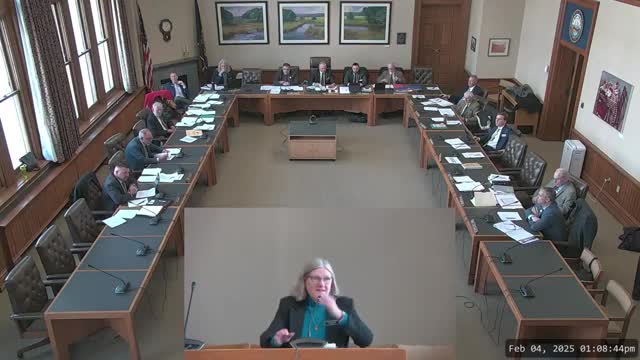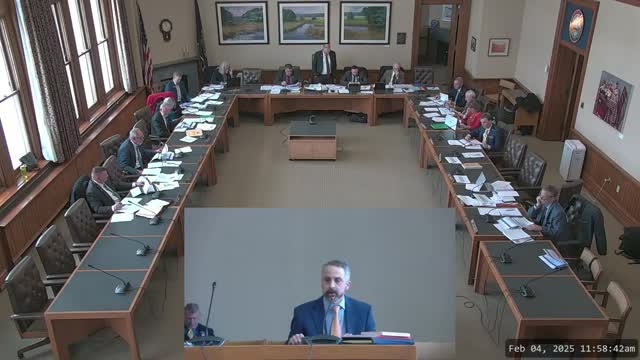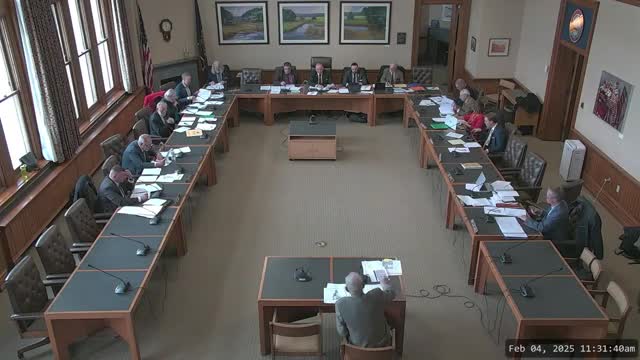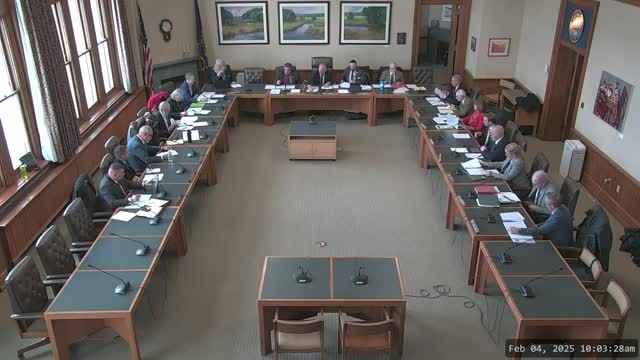Article not found
This article is no longer available. But don't worry—we've gathered other articles that discuss the same topic.

Committee reviews proposal to restore workers’ comp indemnity to 66⅔%; department and insurers warn of filing timing

Minimum‑wage push: sponsors seek $15 by 2028; committee hears mixed economic and moral arguments

Vacation‑pay bill debated; sponsors cite wage‑theft cases, employers urge flexibility

Tipped wage debate: proponents call for ‘one fair wage,’ employers warn of disruption

Unemployment benefit increase debated; department models larger payouts and possible trust‑fund effects

